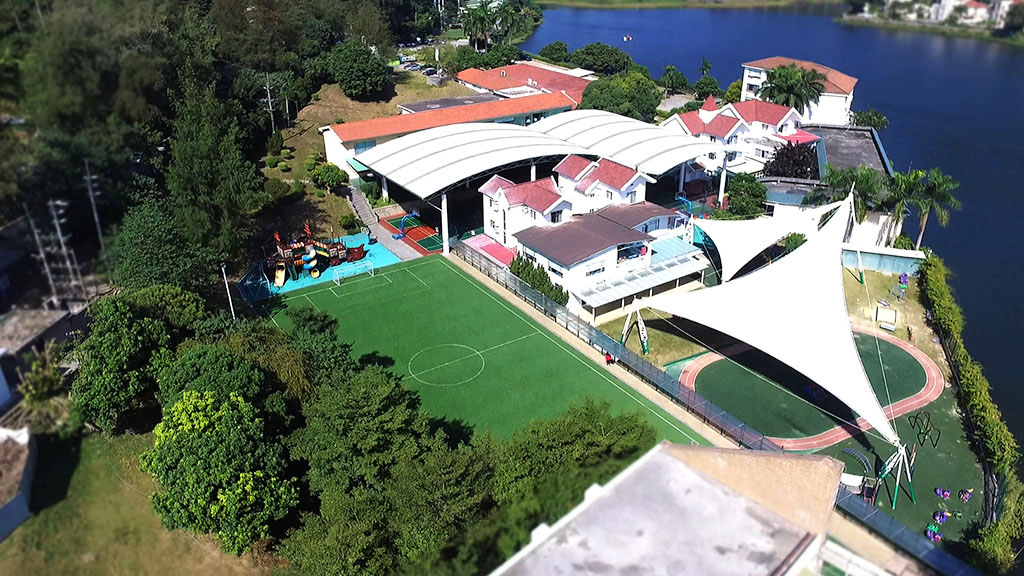
Utahloy Education Foundation (UEF) was established in 2003 as a not-for-profit organisation to oversee and support the international schools that the Utahloy Group had set up in China.
- The UEF oversees two Utahloy International Schools, one in Guangzhou and one in Zengcheng.
- UEF Schools are truly international. They follow international rather than national curricula, and have no national affiliations. Students come from a range of nationalities and cultures, providing an ideal resource for the development of international-mindedness and inter-cultural understanding
- UEF schools are situated in pleasant, green environments with contoured landscapes, lakes and lush vegetation. School buildings are low-rise, functional and friendly
- UEF schools emphasise a collegial ethos among staff and students and encourage the development of teamwork, responsibility-sharing, the taking of personal responsibility and democratic values
- UEF schools provide opportunities for students to contribute to community service, at both a local and international level, fostering a sense of responsibility towards others, towards the international community, and towards the community within which they live
-Overseas and local teachers are all academically and professionally qualified, each with a love of learning and a respect for children, and each with their own talents and contributions to make to the school as a whole
- Teacher professional development is provided through internal seminars and at conferences and workshops outside school
- The curriculum leads from the IB Primary Years Programme (PYP), through the International Baccalaureate Middle Years Programme (MYP), to the International Baccalaureate Diploma Programme (IB DP)
- There is a major focus on language development. The language used for teaching and learning is English. Additional English teaching is provided for those who need this. Wherever viable groups can be formed, mother tongues are developed. Chinese is taught both as a mother tongue and as a foreign language. The learning or development of languages other than English is dependent on what is best for the students and their future. Outside the curriculum, many languages are offered as an extra-curricular activity
- UEF schools have excellent teacher: student ratios. The maximum class size in Kindergarten (K - K3) is 22, Primary (1-6) is 22 students, and 24 students in Years 7 to 12. Often, however, the classes are smaller in size. Under special circumstances, the maximum may be temporarily exceeded, for example to accommodate siblings
- UEF schools adopt a view of learning in which teachers enable students to construct their own knowledge and develop their own skills through study, purposeful activity, discussion and reflection. Students learn how to learn, research, think, interpret, reason, communicate, design, create, perform, reflect, evaluate and solve a multitude of different problems across the curriculum
- UEF schools develop individual talents in arts, music and other cultural areas and foster health and fitness through sports and outdoor education;
- UEF schools nurture respect for teachers and students, and promote student happiness, self-confidence and a zest for life
- UEF schools enable students to develop a strong personal moral code
- There are good library, I.T. and multimedia provisions, for enquiry, information gathering, creativity, design and communication purposes
- Assessment is authentic and based on the purposeful use of knowledge and skills in tasks. Student progress in learning is tracked against standards and discussed at regular intervals with students and their parents in both teacher-led and student-led conferences
- The involvement of parents in the life of the school is actively encouraged. A Parent Association has been established and parents are represented on the School Consultative Committee
- The UEF Education Consultant oversees the work of the Schools; provides management, curricular and professional support; and facilitates communication and networking across the schools. UEF staff, based in Guangzhou and Hong Kong, also provide financial and administrative support